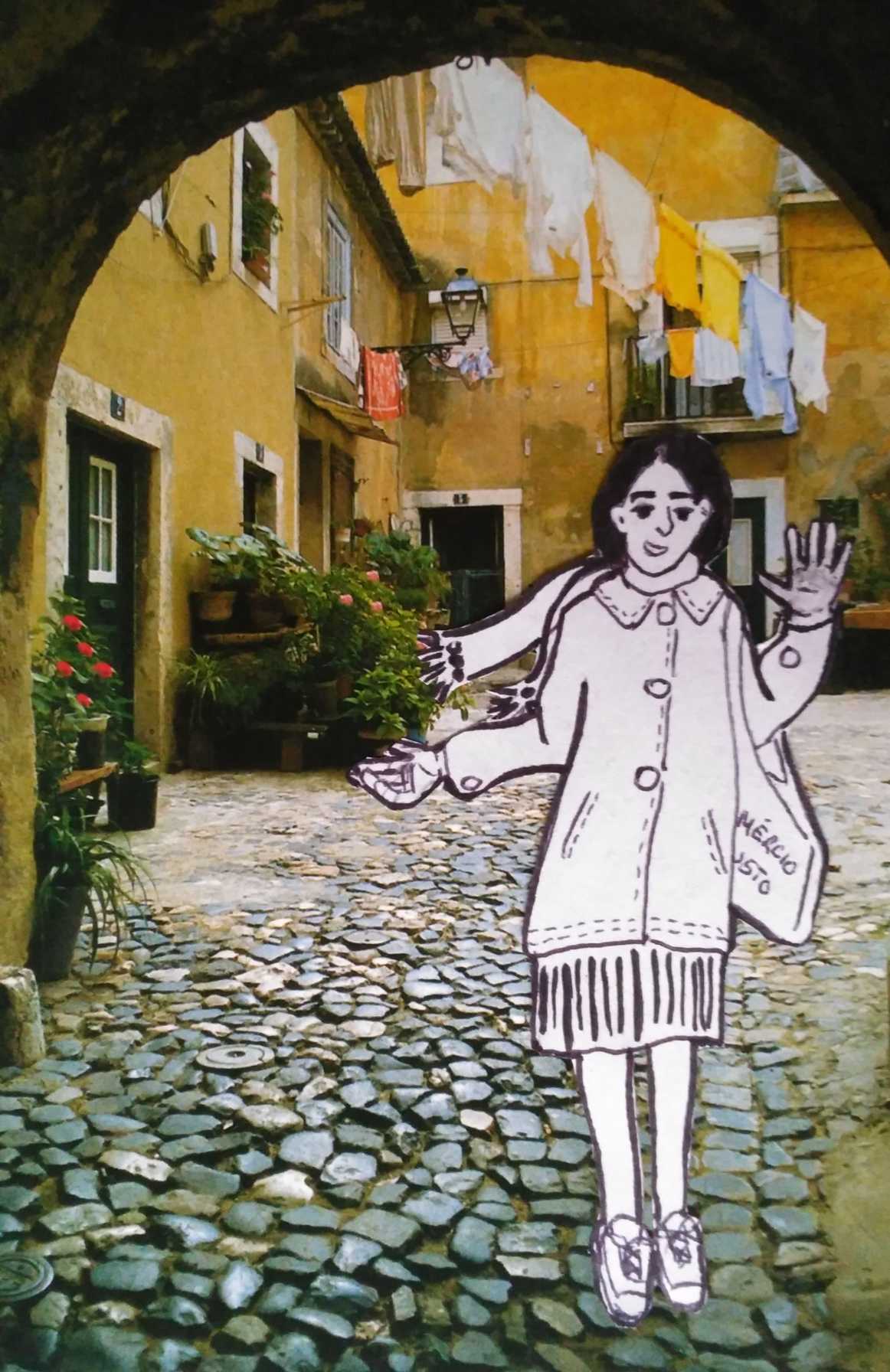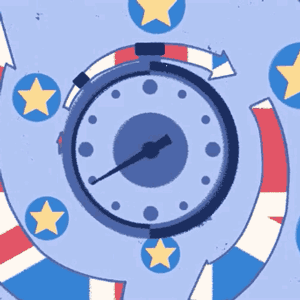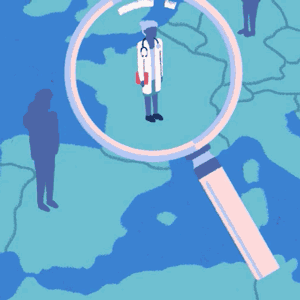Brexit Testimonies

Ellie in Lisbon
"For the first time the referendum made me reflect on my own profile: as an immigrant with no stable job and a health condition I am the kind of immigrant that many of the UK leave voters wanted out of their country; I just hope that the Portuguese government and people don’t come to that conclusion about me."
My name is Ellie and I am thirty-three years old. I’m a Briton abroad and I am not sure if I am comfortable with the term “expat” as I have always associated it with members of English speaking communities comprised of professionals, entrepreneurs or people who derive their income in some way from their country of origin and that does not seem to fit me. Although I do benefit from the (until now) mostly positive national stereotype within the EU I would only refer to myself as an expat if that is how the British press and public referred to all French, Spanish, Polish, German etc. people resident in the UK. While we still belong to the union I am just another European who has chosen to reside in another EU country, an immigrant, in a similar way to a how Mancunian or Geordie may decide to move to London or Birmingham (with just a little extra bureaucracy).
I have lived in Lisbon, Portugal since 2010, when I came here to study a post graduate course. I did not plan on staying in Lisbon after completing the course but somehow I am still here. My choice to move to Portugal was the result of having studied Portuguese and Spanish at university, for which I was required to participate in the Erasmus programme, spending an academic year at the University of Coimbra. After graduating I interned with a London-based NGO that sent and received participants in the EU’s European Voluntary Service programme and later decided to teach English in Spain with the British Council. Despite these earlier experiences living abroad without the comfort of a mobility programme or contract it has not always been easy. With a difficult economic climate I have had all types of employment status, working as a waitress, in a university, as a freelance translator, as a volunteer and with temporary part-time contracts with a Civil Society Organisation as well as periods of unemployment. In the last years I also experienced serious health problems which have required an operation and monitoring of my health, all of which I was able to access with no problems, or questions asked- no, wait – I was often asked why I hadn’t returned to the UK for treatment as everything British is deemed to be better resourced and funded!
While the idea of leaving for the UK has been tempting on the days where I have missed family or friends, or when they have told me how much they earn, I would be equally interested in exercising my right to Freedom of Movement to try out life in another European country such as France or Spain. Well, that is what I thought before the referendum.
I think that the “Brexit” was the first time that I cried after hearing a political decision. Prior to the referendum I had always been convinced that I was not alone in writing to MP’s, MEP’s, signing petitions to disagree or to ask questions about topics such as austerity or the refugee crisis. If nothing came of it then I suppose I blamed the individual MP’s or members of government for not listening to “the people”. The referendum result was different, it represented the decision of millions of people and it felt personal. It was as if the idea that I had of being British, of Britain, what our values were, our self image and our ideas about what we wanted, for all its imperfections, was no longer valid. It is still hard to believe that people voted for the Leave campaign, despite thatposter, the rhetoric that was used by politicians and the screaming trolls online with their xenophobic theories and in some cases outright racism. My friends in Portugal were confident that the UK would do the right thing and vote to stay, my family and friends in the UK were not so sure and I did not know what to think as at the time I hadn’t been home for almost two years. Despite the reassurance from friends and family, the image of the UK from the news coverage was of a country that I did not want to recognise as my own. When the reports of the spike in hate crimes against EU nationals and extra-EU immigrants started emerging I was shocked and when my friends and family started reporting incidents that happened to them or friends of theirs I felt impotent for not being there, for not being able to do anything except write to my MP and MEP’s and sign petitions or use twitter to virtually support initiatives like the March for Europe.
As the reporting has calmed down my friends and family in the UK have reassured me that life is going on like normal, that most people are still basically nice, good people who wouldn’t shout at people in the street for being foreign or assault anyone. I’ve shared my feelings of disappointment at our country’s decision with people who voted remain and have tried to get over my disappointment and frustration at those who voted to leave. The mobilisation of identities such as “working class” and “elite” by newspapers and politicians has also forced me to reflect on who I thought I was as a British person and where I and my family fit in, in British society. Are we really part of a liberal elite? What do we make of my foreign-born grandparents? Why haven’t we got more social categories than just working class, middle class and upper class in our national consciousness? Does living outside of the UK mean that I am “less British” or patriotic, as some people have suggested? Am I really such a political minority? Before the referendum I don’t think that I felt proud of being British but now I do feel ashamed when people refer to Brexit here in Portugal and hear the subtle differences in how people refer to the UK or fear the disappointment of those who have expressed positive opinions about our society.
I’m not too worried about my situation as I have no children and I have a partner who is European and very supportive and positive. We made sure that I applied for and have received my permanent residence card since the referendum and I am considering applying for dual nationality. For the first time the referendum made me reflect on my own profile: as an immigrant with no stable job and a health condition I am the kind of immigrant that many of the UK leave voters wanted out of their country; I just hope that the Portuguese government and people don’t come to that conclusion about me.

I had been taught from a young age how to be a ‘good European citizen’, but now ... my national and European identities may no longer be wholly compatible.
Read Sophie's Brexit testimony.
Read Ellie's postcard to the project team.
 Timeline
Timeline Testimonies
Testimonies
 Mythbusters
Mythbusters
